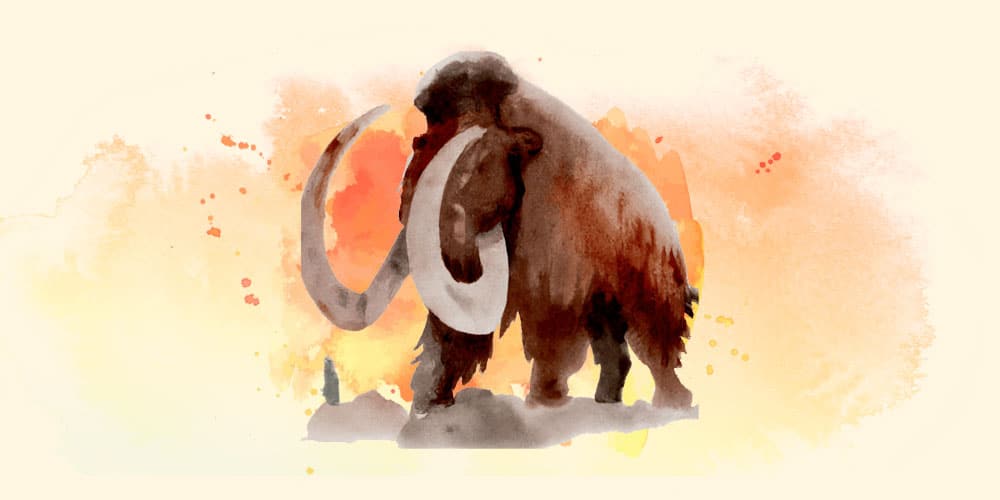If you’ve spent any time on Twitter lately, I’m sorry.
But for all the trouble Elon Musk has caused as the new owner, I think this week’s escapade may actually be a positive turning point for the web. Even Twitter’s most prominent users often describe it as a Hellsite, and in my conversations with friends and co-workers, we’re all struggling to find a good reason for Twitter to continue to exist in its current form.
- Famous journalists and celebrities can take their audiences elsewhere – Substack, email, other social platforms, other magazines, etc.
- Advertisers have plenty of options, which may be cheaper than ever in the new economic environment.
- And those of us who just want to “hang out” online can do so on Tumblr, the old stalwart, or Mastodon, the open-source newcomer.
That basically leaves Twitter as a Police Department rapid-alert tool – which is actually one of its better use cases! – but now that micro-blogging is easy on dozens of platforms, it seems like Twitter losing steam won’t really hurt anyone.
Tumblr, which is now owned by Automattic and WordPress co-founder Matt Mullenweg, is already seeing a big increase in users. I think there’s a ton of opportunity for Tumblr, which has a very distinct Keep Austin Weird vibe, but could easily become a bit more mainstream.
And then there’s Mastodon – the upstart Twitter clone. I started a profile there, which you should follow immediately! My takes will be just as spicy as they are on Twitter, and I already got myself a sweet verified checkmark.
What remains to be seen is whether Mastodon can stay online, and whether it can survive an onslaught of new mainstream users without becoming a Hellsite of its own.
The Mastodon server crisis
Even Tumblr, with the backing of a major tech company, is struggling with server load as new users rapidly flee Twitter. Mastodon’s major instances, including mastodon.online and mastodon.social, have basically slowed to a crawl for the past few days.
The current funding for the primary Mastodon servers is only about $15,000 per month – not even close to enough to run a high-traffic Ruby on Rails application and employ developers. I hope this grows, but even if it does, it seems like this will always be a limiting factor on the growth of the platform. Even if you stretch the costs across many different instances, ultimately someone will have to pay for the servers – and as we’ve seen with WordPress, this lends itself to centralization even when the software itself is open-source and decentralized. The person who pays for the infrastructure will have an outsize role in determining the moderation rules on the instance, so it’s possible that even a more-distributed social network could run into the same issues that Twitter is experiencing with its new, trollish owner.
[midroll_1]
Who’s the new moderator?
A few days ago, I was holding out hope for Twitter and somewhat skeptical of Mastodon – but Elon Musk publicly making “master baiter” jokes really put me over the edge today. If someone makes it obvious they intend to create a toxic environment, I see no reason to stick around.
That said, moderation will still be a very difficult challenge for the people who run Mastodon servers, particularly the large and popular ones created by the German non-profit run by the founder of Mastodon, Eugen Rochko. Here’s a Time interview with Rochko where he sort of dances around a lot of questions about moderation, gestures vaguely at American and German speech laws, and says that some sort of “democratic process” will help with preventing trolls and criminals from overwhelming the content of the sites he runs.
My analysis is that he is a good developer and thoughtful guy who basically has no plan for solving the moderation problem – but then again, he was a small-time operator until a week ago. He basically forked Twitter (similar to how ClassicPress broke off from WordPress) by building a nearly identical clone – a cool project that may or may not survive millions of new users.
That said, I do like the portability and openness of Mastodon. If you decide that the mastodon.online server is too slow, you can (theoretically) switch to a new server run by someone else. Same goes for situations where you disagree with your server’s moderator. You are much less “locked in” than you are with Twitter, so you end up with something more analogous to a web host or an e-mail provider than a Silicon Valley software-as-a-service company.
Reliability and Security
The achilles heel of Mastodon is probably going to be security and reliability. The two most prominent servers are still dreadfully slow, but smaller ones (like WP Builds Social!) are cruising along nicely so far. Still, there’s a reason Twitter spends millions of dollars a day on infrastructure – it’s hard to host a huge site and keep things secure. And if someone breaches the database and grabs private user info – or just slams the site with an attack that takes it down for a few days – I think the overall Mastodon brand will degrade pretty rapidly. This seems inevitable to me, and it’s going to take a lot of time and money to solve this problem.
How much social media do we need?
When it comes down to it, joking around on social media can be a lot of fun – but when I take a break, I usually feel better and rarely miss it. Maybe this is all part of Elon Musk’s master plan – first make electric vehicles cool, then remind the world that social media is silly and we should all spend more time outdoors.


